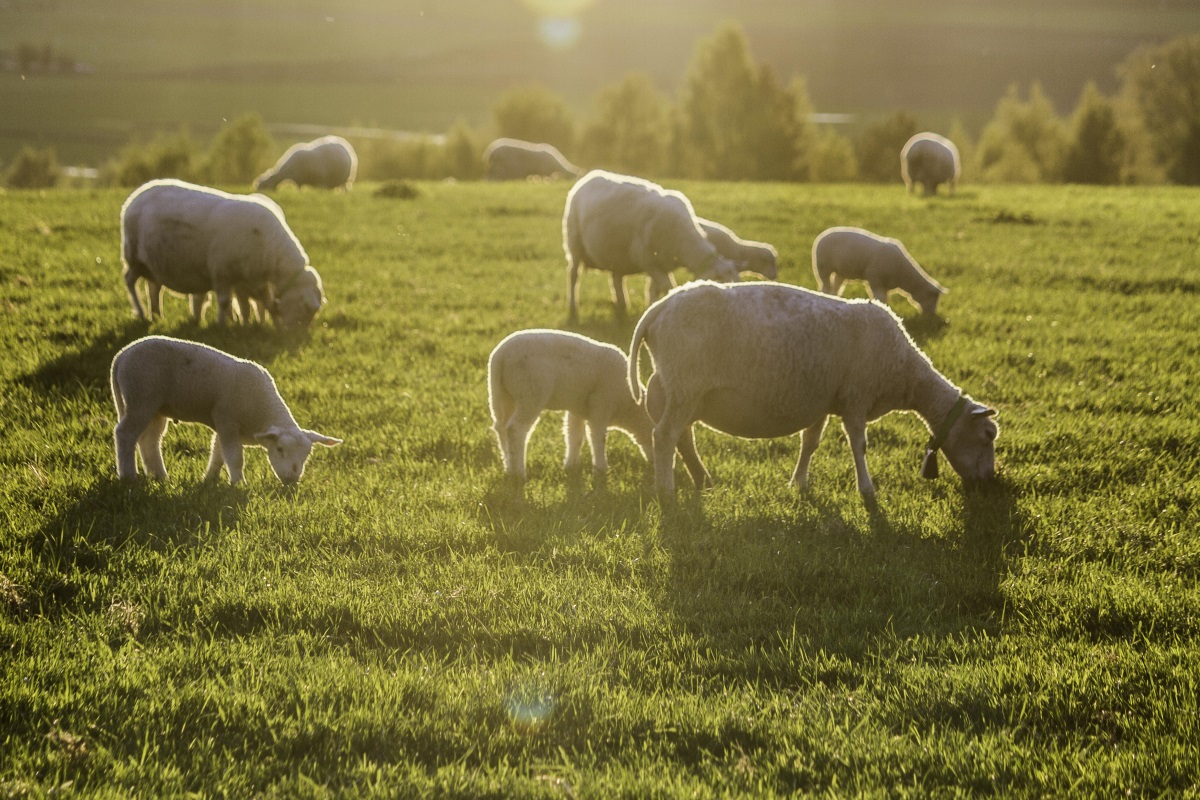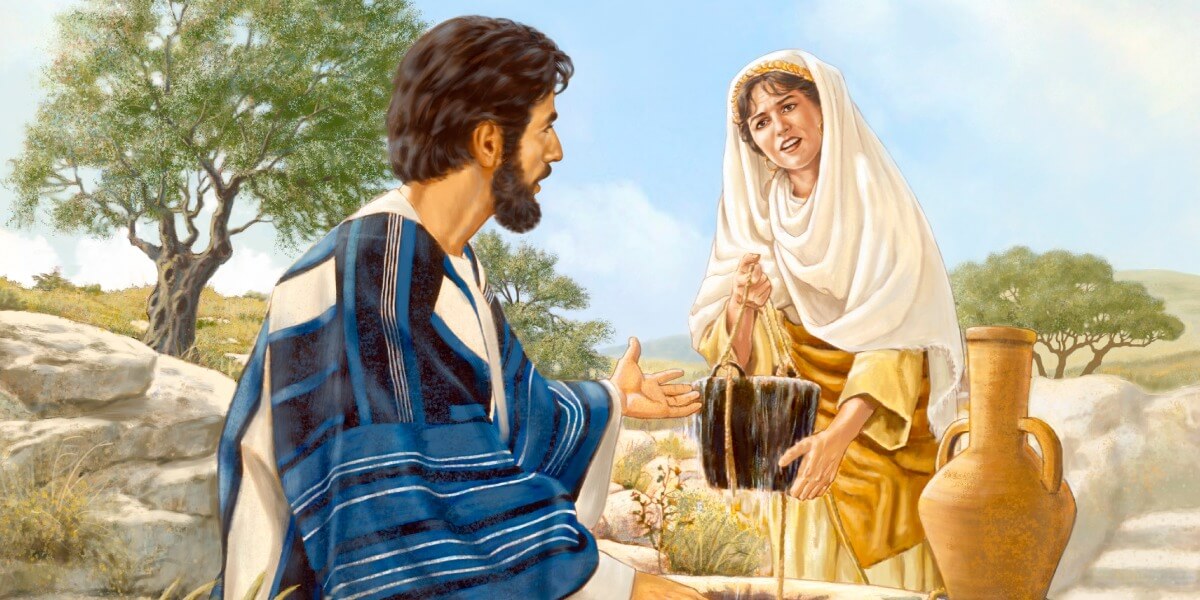|
|
Jesus is an example of meekness—but he was anything but weak or a pushover.
I had just disconnected the engine of my Volkswagen Beetle, and had lowered it to the garage floor. Now I needed help. I wanted to fix something in the engine, and the last stage of this process required that I jack up the car and slide the engine out from underneath. But I didn’t have a jack that could lift the car that high.
But I did have a very strong friend named Steve, who had a friend of similar build. They were both weightlifters. Big guys, with bulging biceps as large as my thighs. So I called them over. I asked each one to take a side of the Volkswagen and lift it above the height of the engine; then I would slide the engine out. I asked if they thought it might be too heavy. They just grinned, as if to say, “You’re joking, right?”
And then they each grabbed a side, and lifted the car as if it were made of Styrofoam. They didn’t break a sweat, and the job was done in seconds.
Steve showed me that day what it means to be strong and imposing. What he taught me later was what it means to be meek.
Maybe it’s because the word meek sounds like weak, but for whatever reason, we never consider being called meek a compliment. When we say a friend is “as meek as a mouse,” we don’t have much respect for him. So in Matthew 5:5 when Jesus says meek people are blessed, we’re a tad confused. We think meek people are people who are easily pushed around, who are cowardly and submissive. What’s so good about that?
What Steve showed me is that meekness means something completely different.
As Steve and I became good friends, I discovered how much he loved little children. Whenever we’d visit friends who had toddlers, he’d beam with joy. He’d kneel to talk with them. He’d tease them. He’d lift them in his massive arms. He’d play dolls or trucks or whatever with them. Here was this guy who could lift a car with his bare hands, who could break someone’s arm like it was a Popsicle stick, and yet he was so gentle with these kids. And when they became whiny, disobedient, or obnoxious—as kids sometimes do—it didn’t faze him. He just kept showing patience and gentleness.
That, according to the Bible, is meekness: gentleness rooted in strength. We shouldn’t forget that Jesus is an example of this kind of meekness. And he was anything but weak or a pushover. He overturned the tables in the Temple (Matthew 21:12-13). He talked tough sometimes, calling Peter “Satan” (Matthew 16:23) and the Pharisees “snakes” and “whitewashed tombs” (Matthew 23:27-33). He didn’t submit to anything or anyone unless he believed it was God’s will. No one could push him around. No way.
And yet he could forgive the cruelest people (Luke 23:33-37). He showed compassion to the poor, the blind, the sick. He told the crowds, “Come to me, all who labor and are heavy laden, and I will give you rest. Take my yoke upon you, and learn from me, for I am gentle and lowly in heart, and you will find rest for your souls” (Matthew 11:28-29, ESV).
That’s meekness—an inner strength that, oddly enough, usually displays itself as gentleness. To be meek doesn’t mean we always give in to other people, especially when they ask us to do something we know is wrong. It doesn’t mean we wilt under pressure when people mock us for our faith. At times like these, we need strength and courage! But most of the time, we’re called to display patience and gentleness, especially when around the weak and vulnerable. Like Steve, the massive weightlifter, who could be as gentle as a lamb with children.
The other odd thing about Jesus’ words in Matthew 5:5: He says that the meek will “inherit the earth.” That’s another way of saying “the kingdom of heaven.” That refers to the time when heaven will come to Earth Revelation 21), and when the gentle people—Christians—will enjoy the rule of God. In this life, it seems like it’s the aggressive, bold, and brash who get to reap all the benefits (money, sex and power). Jesus says, “Nah. Just wait. You’ll see who gets the real rewards.” It’s another way of saying, the last (the gentle) will be first, and the first (the brash and aggressive) will be last (Matthew 19:30).
It all seems so odd. But with Jesus, it’s good to be odd. And meek.

















Leave a Reply